
Algebra - Algebra Problem Solver
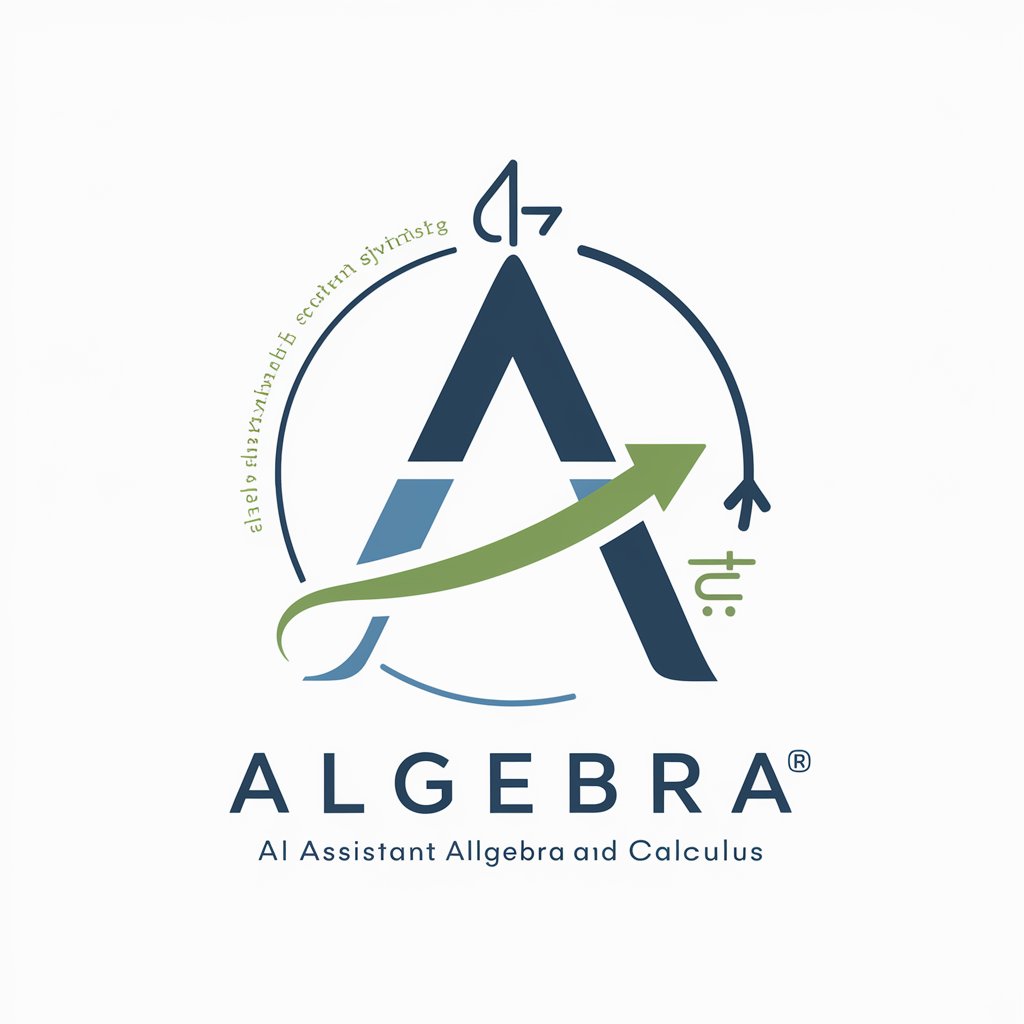
Hi! Ready to tackle some algebra and calculus problems together?
AI-driven Algebra Mastery
Explain how to solve quadratic equations using the quadratic formula.
What is the process of finding the derivative of a polynomial function?
How do you integrate functions using substitution?
Can you guide me through solving a system of linear equations?
Get Embed Code
An Introduction to Algebra
Algebra is a branch of mathematics that studies symbols and the rules for manipulating these symbols. It is a unifying thread in almost all of mathematics, enabling the formulation of equations that describe relationships among quantities. Algebra's primary design purpose is to provide a framework for abstract thinking that can handle variables, unknowns, and constants across various mathematical disciplines. In practical terms, this leads to solving equations ranging from linear equations, which involve straightforward relationships between variables, to polynomial equations, which include quadratic, cubic, and higher-degree forms. For example, in a business context, solving a linear equation can help determine break-even points for products, while polynomial functions might help model more complex profit scenarios. Powered by ChatGPT-4o。

Main Functions of Algebra
Equation Solving
Example
Solving quadratic equations using the quadratic formula or factoring.
Scenario
In engineering, quadratic equations can model parabolic trajectories of projectiles. By solving for the roots of the equation, engineers can predict the point of impact or maximum height.
Graph Analysis
Example
Graphing polynomial functions to identify their roots and turning points.
Scenario
In economics, graphing demand curves helps businesses analyze consumer behavior, determine pricing strategies, and predict how market changes affect demand.
Modeling Relationships
Example
Using linear regression to establish relationships between two variables.
Scenario
In healthcare, linear regression can help predict patient outcomes based on age and lifestyle factors. This allows for better preventive measures and resource allocation.
Matrix Operations
Example
Solving systems of linear equations through matrix methods like Gaussian elimination.
Scenario
In computer graphics, matrices transform 3D models for realistic rendering by scaling, rotating, and translating coordinates.
Ideal Users of Algebra Services
Students
Students learning mathematics can benefit by understanding the foundational concepts of algebra, which are critical for advanced topics like calculus and linear algebra. Algebra strengthens their problem-solving skills, preparing them for standardized tests or higher education in STEM fields.
Engineers
Engineers apply algebraic equations to model physical systems, optimize processes, and simulate designs. Mastery of algebra allows them to accurately describe, analyze, and predict the behavior of technical systems.
Economists
Economists use algebraic modeling to interpret complex economic systems, identifying relationships between supply, demand, and pricing. By analyzing these relationships, they can make informed predictions and advise policymakers.
Data Scientists
Data scientists use algebraic techniques to preprocess data, build predictive models, and identify patterns. Algebra forms a foundational layer in machine learning algorithms that require mathematical optimization and modeling.

How to Use Algebra
Start at yeschat.ai
Visit yeschat.ai to start a free trial without any need to log in or subscribe to ChatGPT Plus.
Identify Your Needs
Determine what specific algebra problems you need help with, such as solving equations, graphing functions, or understanding algebraic concepts.
Interact with the AI
Use the chat interface to describe your algebra problem or topic. Be as specific as possible to get the most accurate assistance.
Review AI Solutions
Carefully review the explanations and solutions provided by Algebra. Utilize the step-by-step guidance to enhance your understanding.
Practice Regularly
Consistent practice using the tool will improve your algebra skills over time. Try to solve problems on your own before seeking AI help to deepen your learning.
Try other advanced and practical GPTs
Jasonux
AI-powered UX/UI design assistant.

Aria Brand GPT
Empower Your Brand with AI

Startup Advisor
Empowering your business decisions with AI-driven insights.

Code Mentor
Empower your code with AI
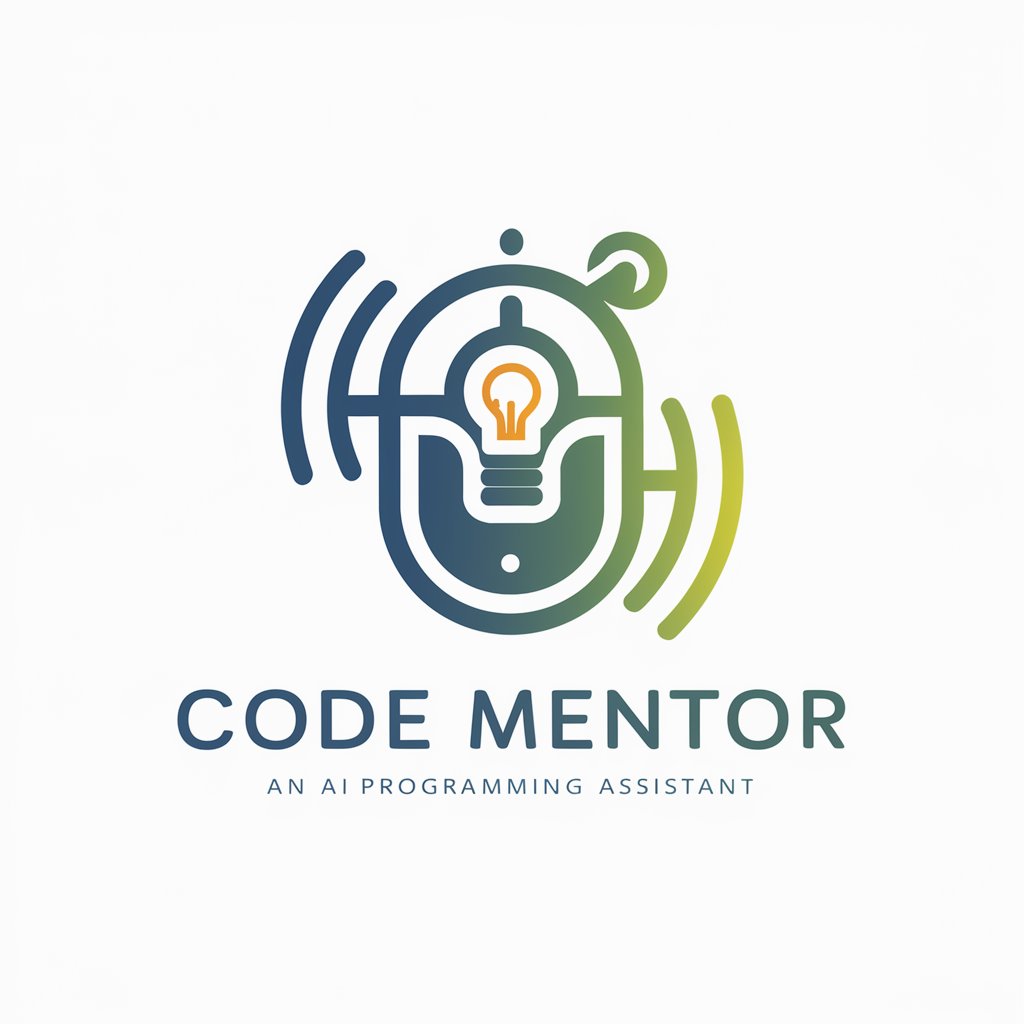
Host Harmony
Enhancing stays with AI-powered concierge

The Brand-Man GPT
Empowering Brands with AI Insight
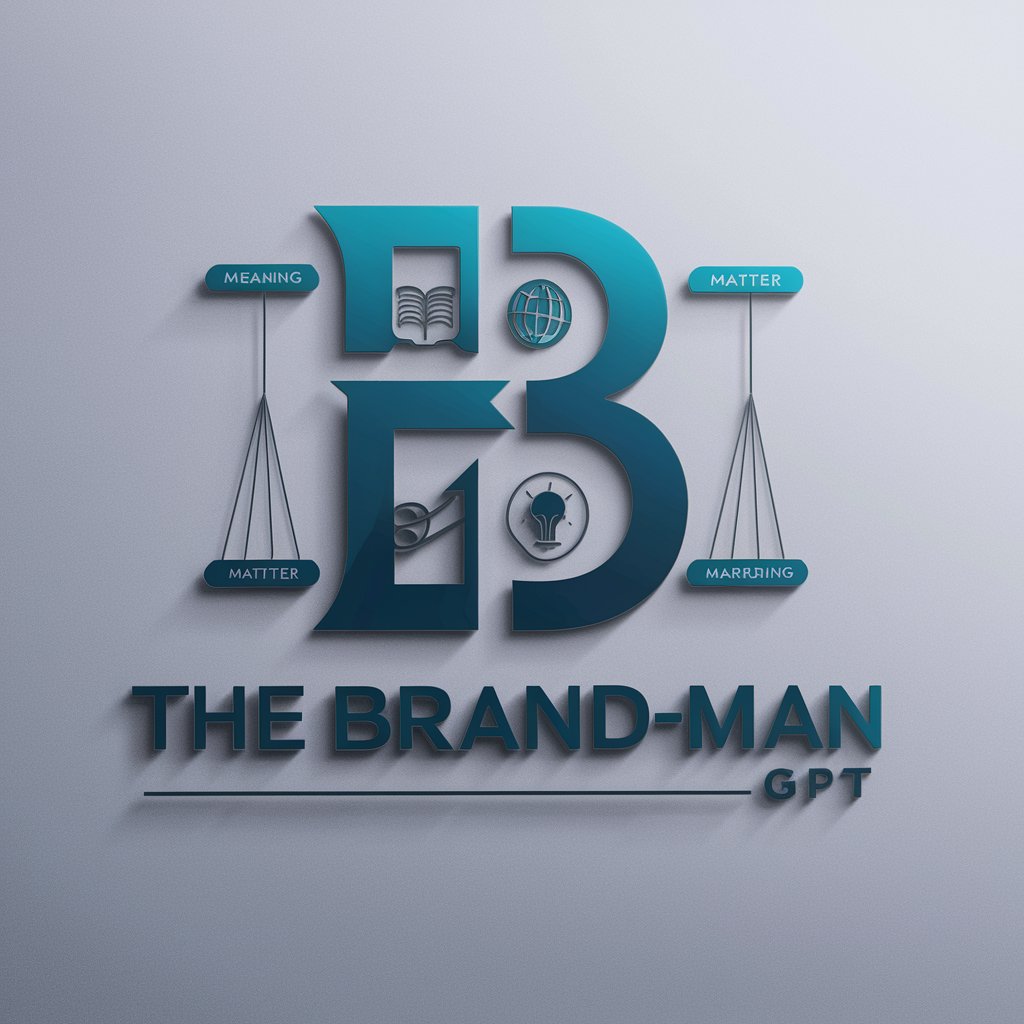
artice writer
Empower your words with AI

MedGPT2+
Empowering medical insights with AI
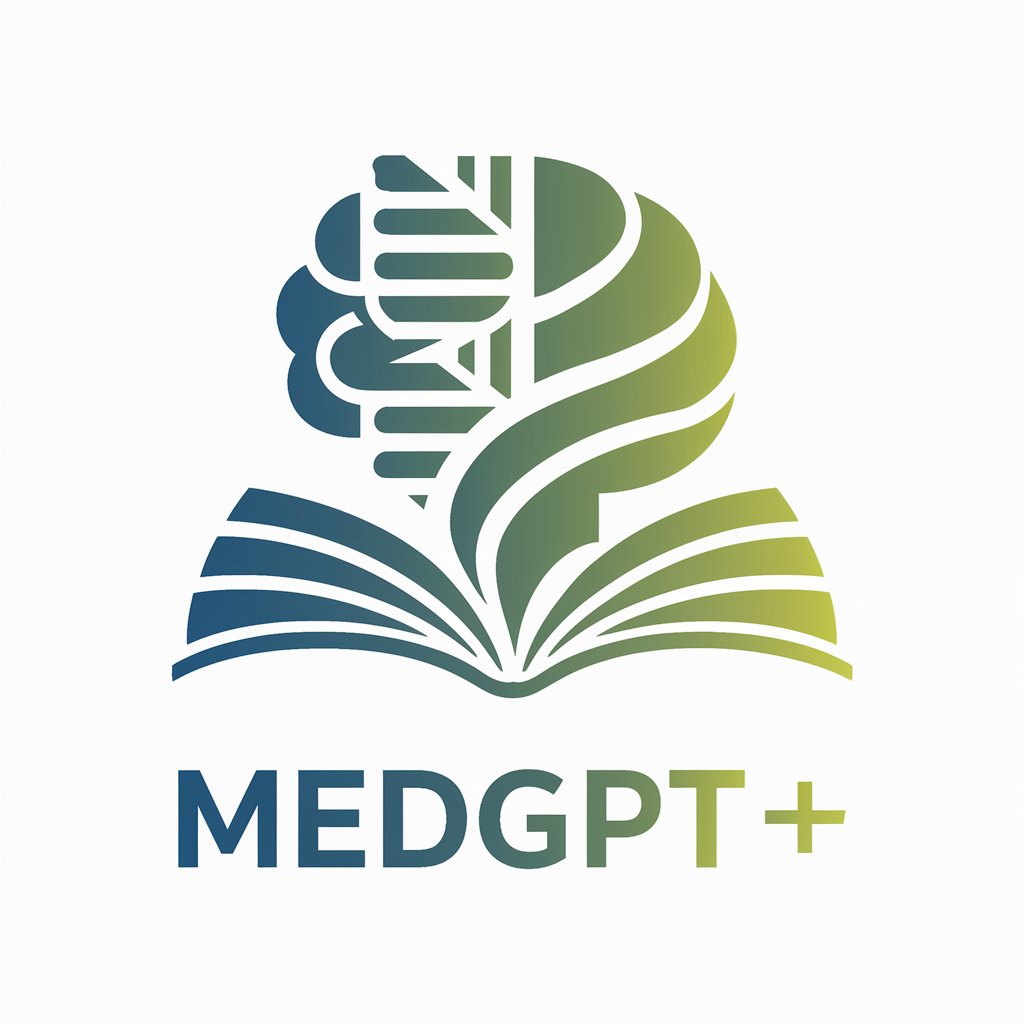
Lucy
Enhancing conversations with AI power
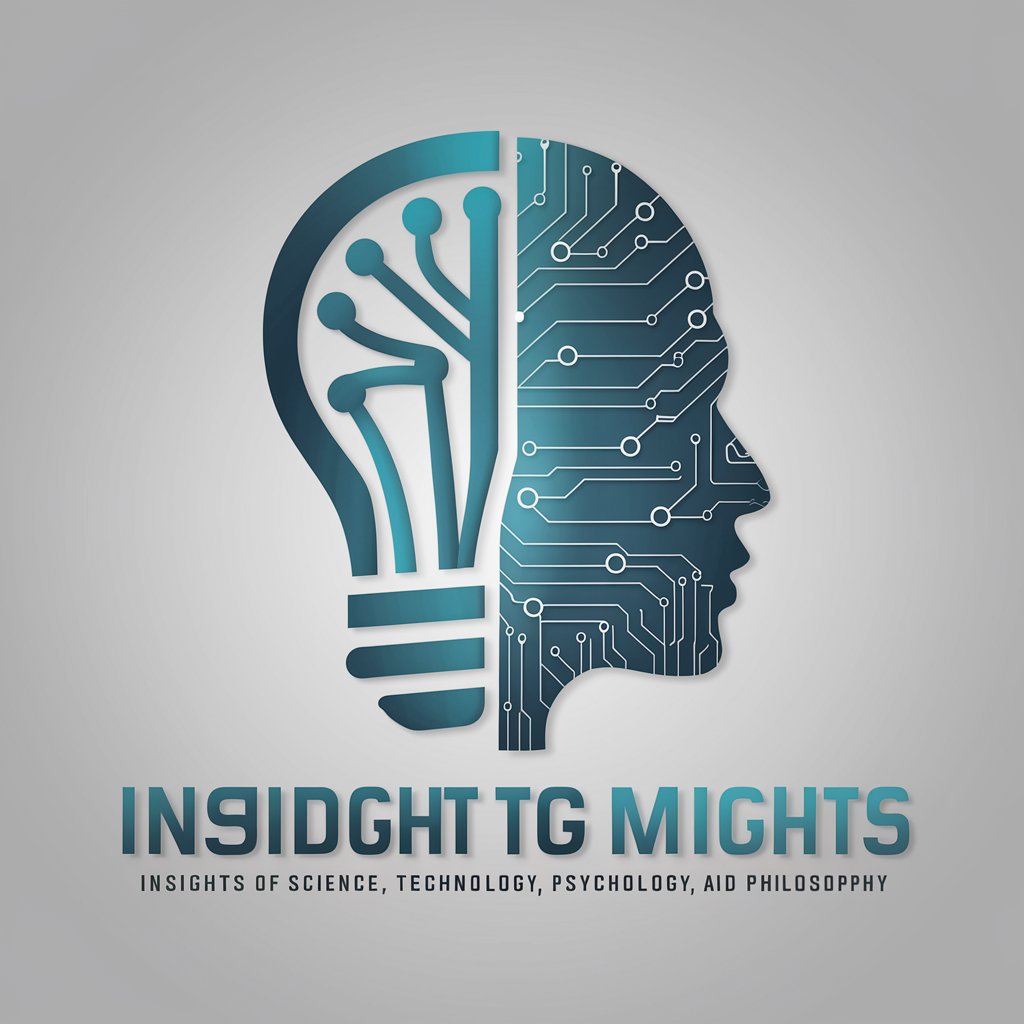
Professor AL
Empowering Learning with AI

Daresay visuals
AI-powered visual creation, simplified.

SVG Editor
Transform Graphics with AI-driven Insights

Detailed Q&A about Algebra
Can Algebra solve quadratic equations?
Yes, Algebra can assist in solving quadratic equations by guiding you through the steps of factoring, completing the square, or using the quadratic formula.
How does Algebra help with algebraic expressions?
Algebra can simplify complex algebraic expressions, expand them, or factor them. The tool provides explanations for each step, enhancing your understanding of how operations are performed.
Is Algebra useful for calculus problems?
Algebra primarily focuses on algebraic concepts but can help with the algebraic manipulation needed in calculus, such as simplifying expressions before differentiation or integration.
Can Algebra graph functions?
Algebra can help describe the steps needed to graph functions manually and may guide you in understanding important concepts like intercepts, asymptotes, and behavior at infinity.
Does Algebra provide practice problems?
While Algebra primarily assists with solving problems you provide, it can suggest similar problems and guide you on how to approach them, helping you practice and improve your skills.